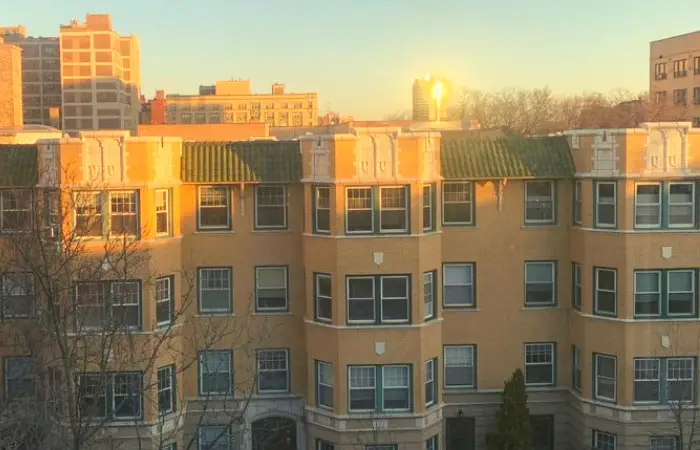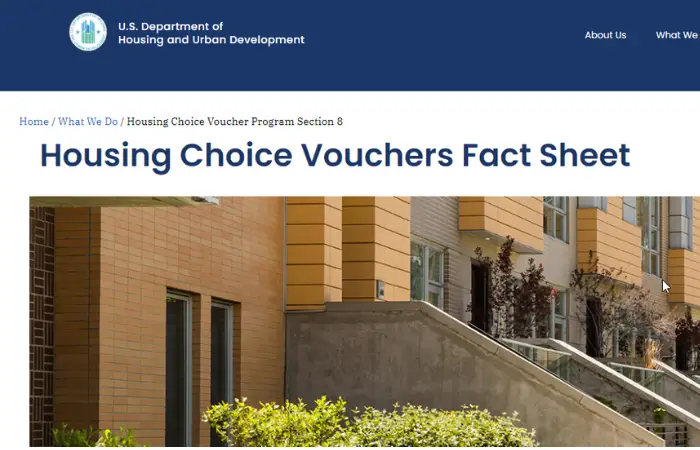You want to rent an apartment but there’s only one problem- you do not have a job. Landlords need to know that you will be able to come up with the rent each month, and may have rules like the 3 times rent requirement.
The good news is that we’ve got some tips and ideas to help you land lor next apartment even without a job.
It is ultimately up to the landlord- but may still be possible to get an apartment without a job. Below we will go through some tips and ideas on how you can land your next apartment without a job.
Table of Contents
- How to get an apartment without a job
- 1. Present reference letters from old employers and landlords
- 2. Make sure you have a good credit score
- 3. Show your bank statements to your new landlord
- 4. Ask a friend or family member to be your co-signer
- 5. Considering hiring a lease guarantor service
- 6. Take advantage of other types of income
- 7. Sublet an apartment instead of signing a new lease
- 8. Get a room in an apartment with a signed lease
- 9. See if you qualify for Section-8 housing
How to get an apartment without a job
Not having a job makes your apartment hunt much more difficult. In our experience, the following factors can definitely help your chances
1. Present reference letters from old employers and landlords
If a former landlord can write a letter for you, make sure they mention that you always paid your rent on time and left the apartment in good shape. It goes without saying that if you weren’t a good tenant in the past it is best to avoid contacting your old landlord.
In the case of a past employer letter, make sure that they state your old salary and any other positive comments on your responsibility.
In both cases, it is always best if the letters include contact information so the landlord can pick up the phone if he has any questions about you.
2. Make sure you have a good credit score
It is very common for landlords to verify the credit score of their potential tenants, that is why it is so important that you maintain a good one. There are several websites where you can learn more about how to improve your credit score such as NerdWallet or even the Consumer Financial Protection Bureau Official Website, but we have summarized some of the most common tips below:
- Always pay your loans (and bills!) on time: if you have student debt or took a loan in the past it is really important that you pay it on time every month. Automatic payments are the best way to go in order to avoid being late, but you can always set up different alarms on your digital calendars in order to remind them.
- Keep up old credit cards: when you close a credit card all the payment history gets removed from your report, so if you were an excellent payer that “good points” won’t count.
- Don’t use all your credit limit: experts recommend keeping your balances low and avoid using more than 30% of your credit limit, so if you have multiple credit cards you might want to use all of them instead of doing all your purchases through one.
- Create the habit of checking your credit report: mistakes are often made so if you detect an error that can harm your credit score you have the right to dispute them.
- Report a missing card right away: if for any reason you lose sight of one of your credit cards you should immediately report it with your bank, otherwise an identity thief could use it and generate debts on your behalf.
3. Show your bank statements to your new landlord
Do you have enough money in a savings or checking account to cover the rent for a while? There is some controversy around whether you should show your bank statements to your landlord or not. While for some people it might sound as a privacy invasion, others don’t have a problem sharing that information as long as it will help them land their dream apartment.
We have created a detailed guide here explaining the pros and cons of showing your bank statements for rental applications. However, long story short, we believe that there is no harm for you in doing this so it is an excellent option to prove to your landlord that you have savings that can act as a backup in case something goes wrong with your new job.
4. Ask a friend or family member to be your co-signer
A co-signer (aka a guarantor) is a person, often a family member or a close friend, who signs the apartment lease with you and is responsible in case you can’t pay the rent anymore.
There is no explicit requirement about who can be your co-signer but in order to be useful for the landlord, this person must have a good credit score and a high salary (you guessed, at least 3 times the rent). We’ve written an in depth article answering the question: can my parents sign a lease for me?
5. Considering hiring a lease guarantor service
A lease guarantor service works the same as a family co-signer with the difference that a company is the one that is having your back, and of course you will have to pay for it. There are different companies and most of them don’t cover all the states so you should do your proper research according to where you are planning to move to.
If you don’t know where to start, we recommend you to contact Liberty Rent, Leap Easy and Insurent, as those are some of the most trusted among renters.

6. Take advantage of other types of income
Consider getting on unemployment if you are truly actively searching for a job. This can count as income and could be enough to hold over a landlord until you are able to land your next job.
Also, child support, alimony or tax refunds count as unusual income and constitute part of your monthly salary so don’t forget to show your landlord the court-ordered agreement that confirms such income.
If you have been doing freelancing gigs from time to time, a good way to improve your renters profile is to present the Form 1099-MISC for miscellaneous income which is basically a tax form for royalties, prizes and other income payments.
7. Sublet an apartment instead of signing a new lease
A sublet apartment presents a more flexible option for people looking to rent a place. In this case, you are not renting directly from a landlord, instead you rent from a tenant that has already signed the initial lease agreement with him.
This can be a great option until you are able to find a job and move out on your own. Sublets often can be rented for a short period of time (for example 4 months or event month to month) which means that you can try to see how you feel about your new city and the neighborhood before setting down for a more important commitment.
8. Get a room in an apartment with a signed lease
Similar to subletting, if you find a room in an apartment where the original roommates have already signed the lease you won’t have to present all the rental application documents that landlords usually ask for. Instead, you will only have to convince your new roommates that you will be able to pay your share of the rent, which is usually much easier.
9. See if you qualify for Section-8 housing
Depending on your situation, you may be able to utilize governmental housing assistance. This can be local so it is important to check with your local government to see what programs are available to you.
When we were landlords in Chicago, we had lots of applicants who were using Section-8 housing through a local program called CHA (Chicago Housing Authority) They would help lower income renters find and stay in their apartments.
This assistance can cover some, or even all of your rent as long as you follow their guidelines.

Honestly, it is a lot harder to find an apartment without a job. But we hope we’ve helped you to learn different ways to help you get an apartment without a job. It’s definitely easier to find an apartment once your have a new job. Good luck in your apartment search, and your job search!
